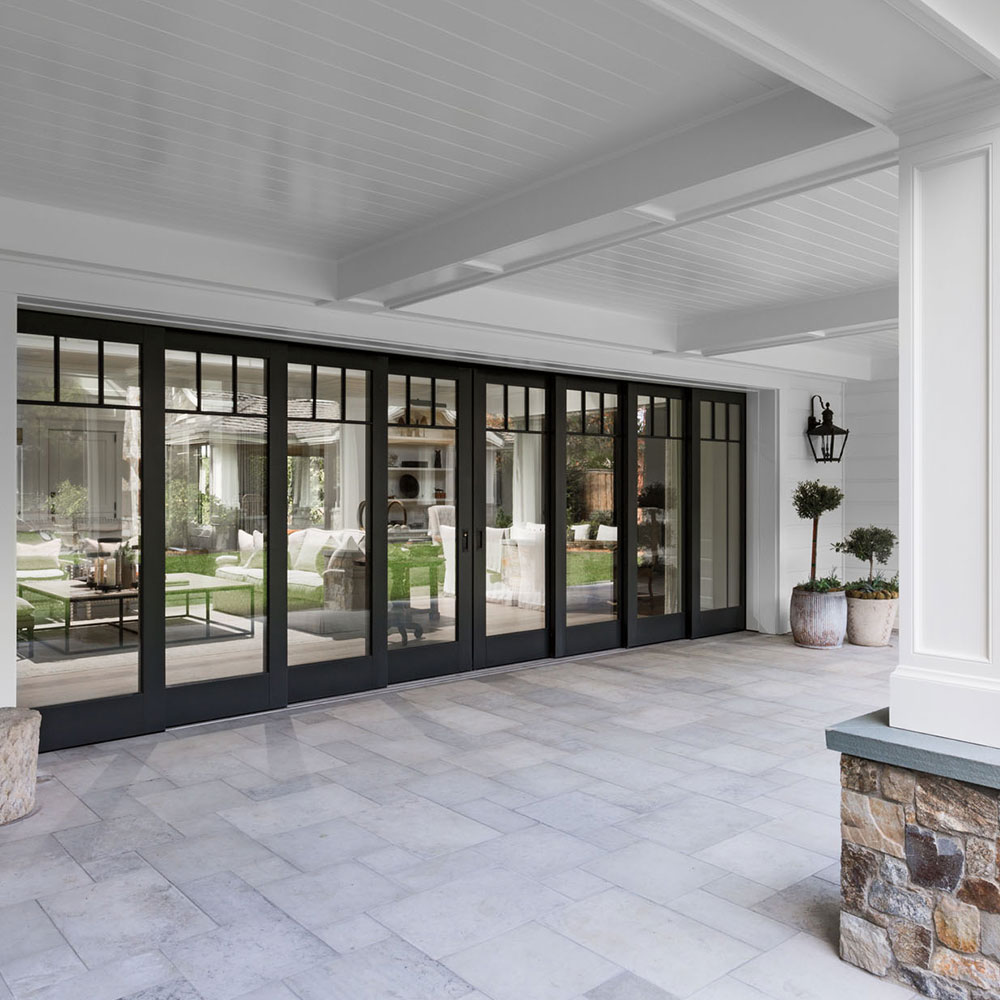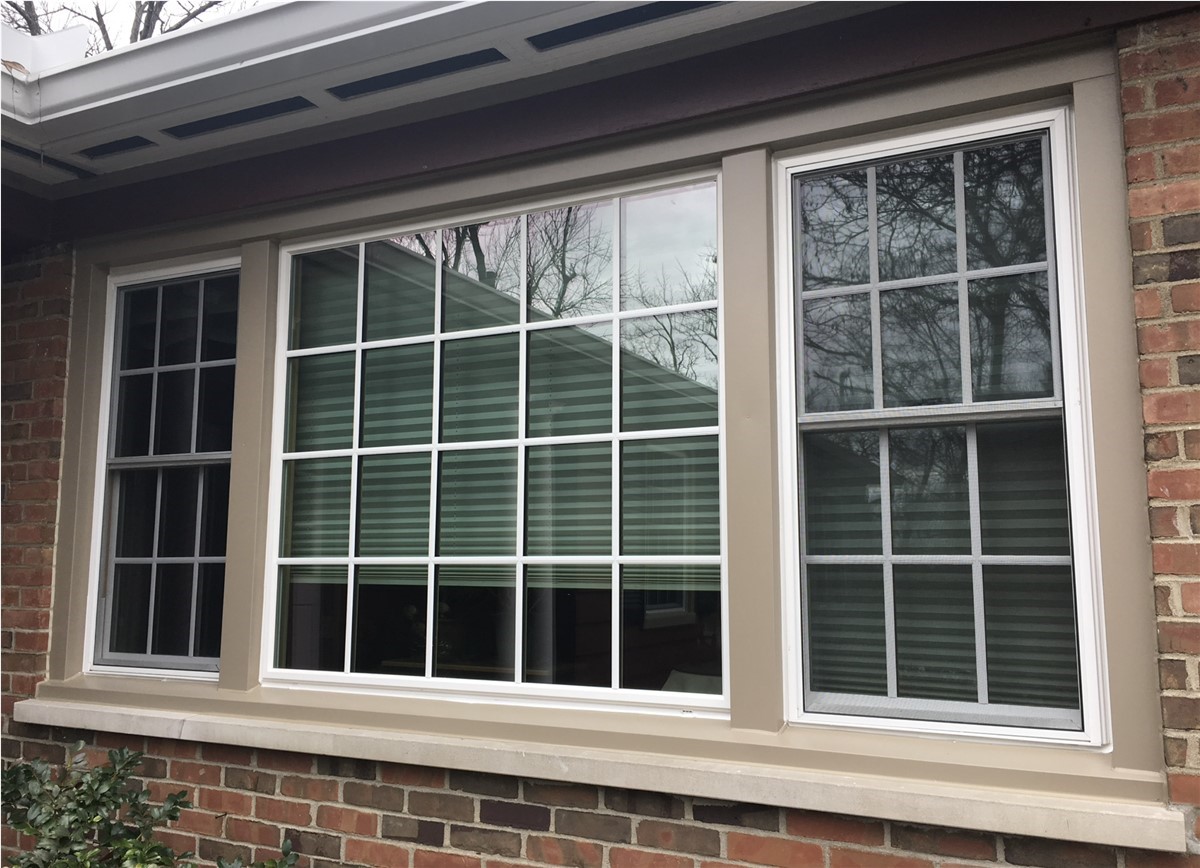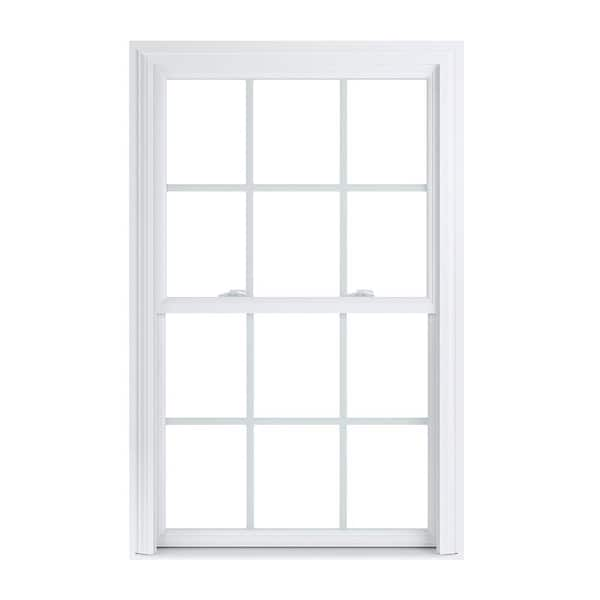Upgrade Your Home With Energy-Efficient Window Replacements
In the world of home enhancement, the decision to upgrade to energy-efficient home window replacements can considerably influence both the performance and looks of a home. Beyond the surface degree of simple aesthetic appeals, energy-efficient home windows provide a plethora of benefits that go beyond simple visual allure.
Benefits of Energy-Efficient Windows

The installment of energy-efficient windows offers substantial financial savings on utility bills while enhancing environmental sustainability. Furthermore, energy-efficient windows can help regulate moisture levels within the home, decreasing the danger of mold and mildew development.
Past the economic advantages, energy-efficient windows contribute to environmental sustainability by lowering carbon discharges connected with energy production. Generally, spending in energy-efficient home windows not only enhances the comfort and effectiveness of a home however likewise aligns with environmentally mindful methods.
Sorts Of Energy-Efficient Glass
Numerous advanced kinds of energy-efficient glass offer special residential properties that provide to various demands and preferences in improving the sustainability and performance of buildings. Triple-pane glass, consisting of three layers of glass with shielding gas between them, supplies enhanced thermal insulation, making it very energy-efficient. Furthermore, self-cleaning glass with an unique covering that damages down and loosens up dirt when subjected to sunshine can reduce maintenance requirements and maintain windows looking clean.
Variables to Think About When Picking
When contemplating energy-efficient window replacements, it is important to carefully analyze certain variables that straighten with your sustainability objectives and desired energy cost savings. One crucial element to think about is the home window's power efficiency scores, such as the U-factor and Solar Warmth Gain Coefficient (SHGC) The U-factor measures how well the window insulates, with lower numbers indicating much better insulation, while the SHGC suggests the home window's capacity to obstruct warmth from sunshine. Furthermore, the home window structure product plays a substantial duty in power performance. Products like fiberglass, vinyl, or wood with thermal breaks are outstanding choices for reducing heat transfer. Another vital consideration is the window style and alignment worrying sunshine exposure. Selecting the right window style and strategically positioning them can take full advantage of natural light while lessening warm gain or loss. Finally, installation quality is vital to making certain the windows do as meant. Proper installment assists avoid air leakage, guaranteeing optimum energy performance. By carefully assessing these variables, you can pick energy-efficient home windows that enhance comfort, reduce energy costs, and profit the setting.
Setup and Maintenance Tips

Regular upkeep is vital to preserving the effectiveness of your energy-efficient home windows. Examine the home windows regularly for any type of signs of wear, sealer, or damages damage. Clean the frames, tracks, and glass routinely using light soap and water to get rid of dirt and gunk that can impact efficiency. Inspect the weather-stripping and seals for any type of tears or voids and replace them if required to keep the windows' power performance.
In addition, oil relocating parts such as joints and locks to guarantee smooth operation. By following these installation and upkeep pointers, you can boost the energy performance of your home and extend the lifespan of your energy-efficient windows.
Cost-Benefit Analysis of Upgrading

Energy-efficient windows are designed to decrease warmth transfer, minimizing the requirement for heating and cooling down systems to burn the midnight oil. This can cause significant financial savings on power expenses, particularly in areas with extreme temperature levels. Furthermore, useful content energy-efficient home windows can enhance the general value of your home, making it more appealing to potential customers if you make a decision to market in the future.
When determining the cost-benefit analysis, consider the potential cost savings read here on power costs, any type of offered incentives or rebates, and the life-span of the home windows. While the initial cost might be higher, the long-lasting cost savings and benefits of energy-efficient windows make them a smart investment for house owners wanting to improve their property's energy efficiency and value.

Conclusion
Finally, updating to energy-efficient window substitutes offers many advantages such as lowered energy usage, raised convenience, and price savings. By choosing the ideal sort of energy-efficient glass and thinking about factors like structure material and installation, property owners can optimize the performance of their home windows. Normal maintenance and correct installation are crucial for long-lasting performance. Overall, the cost-benefit analysis of updating to energy-efficient windows shows that the preliminary financial investment can lead browse around this web-site to significant financial savings in the future.
When pondering energy-efficient window substitutes, it is essential to thoroughly examine certain elements that align with your sustainability goals and desired energy financial savings. The U-factor steps how well the window protects, with lower numbers suggesting much better insulation, while the SHGC suggests the home window's capacity to obstruct heat from sunshine. By very carefully examining these aspects, you can select energy-efficient home windows that improve convenience, decrease energy expenses, and benefit the setting.
While energy-efficient windows might have a higher ahead of time expense compared to traditional home windows, the long-term benefits usually surpass the initial investment.In conclusion, upgrading to energy-efficient window replacements supplies various advantages such as decreased power consumption, increased comfort, and expense savings.